Tips: Maximizing Your Hybrid’s Fuel Economy
Clean Fleet Report
FEBRUARY 3, 2022
Hybrid cars are obviously pretty economical as is because it is possible to run them off an electric matter at least some of the time, but that does not mean that you cannot make further savings. One of the best ways to do that is by maximizing your fuel economy. Keep It Light. Stick To 70. Consider Coasting, Too.

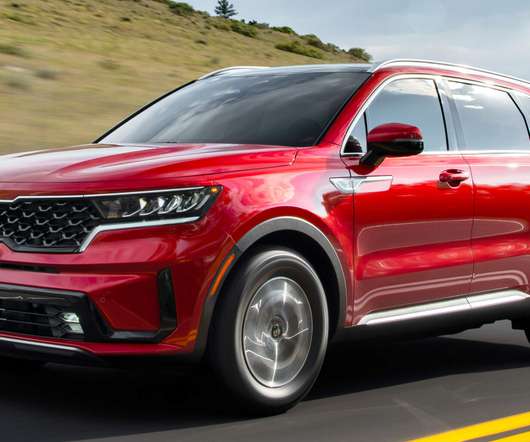



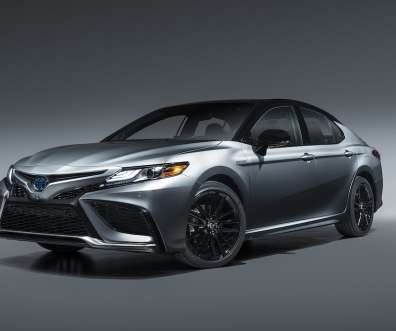


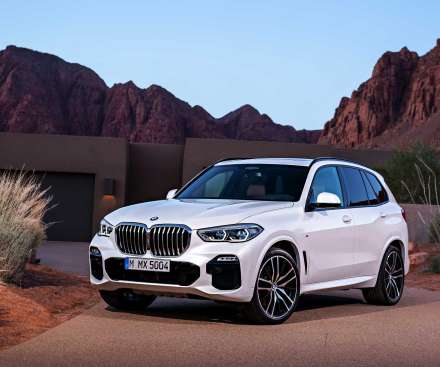


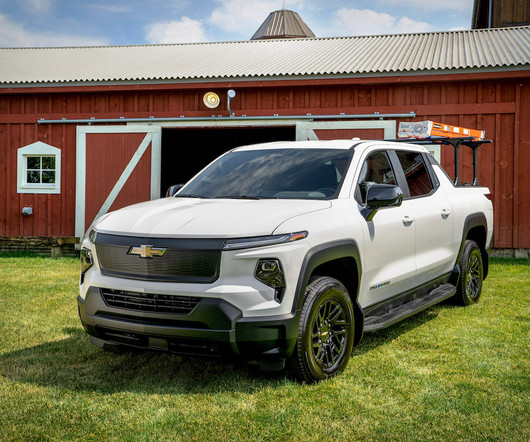






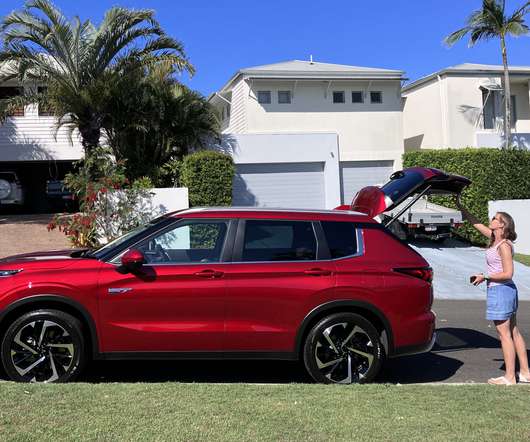
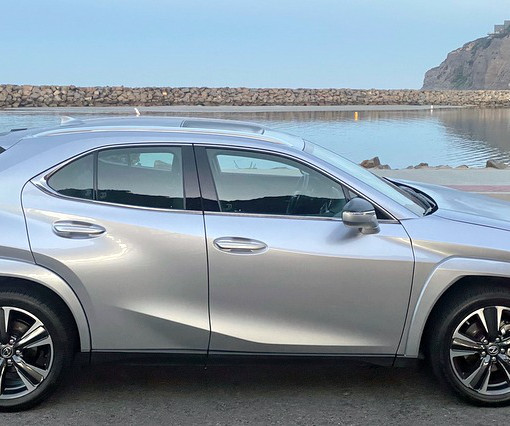





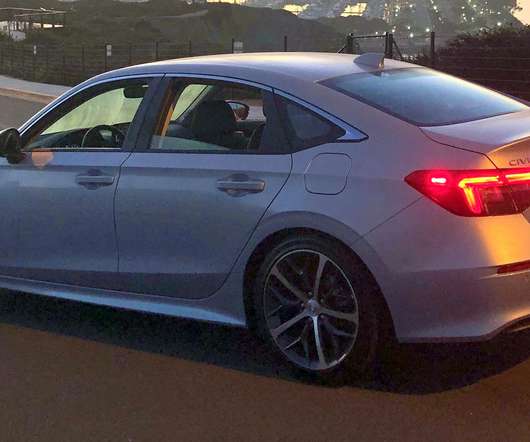


















Let's personalize your content